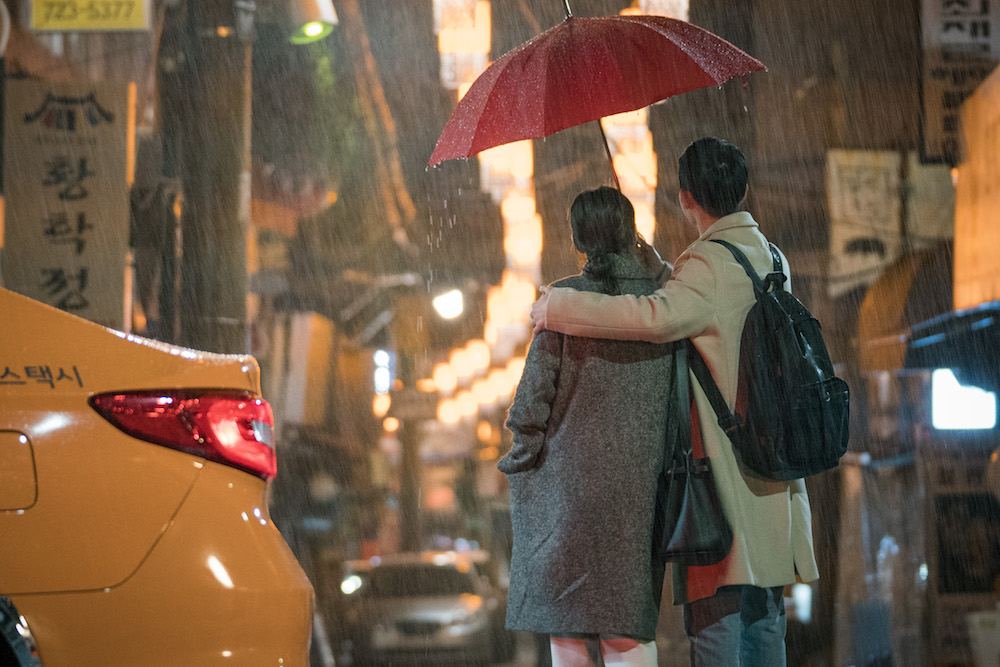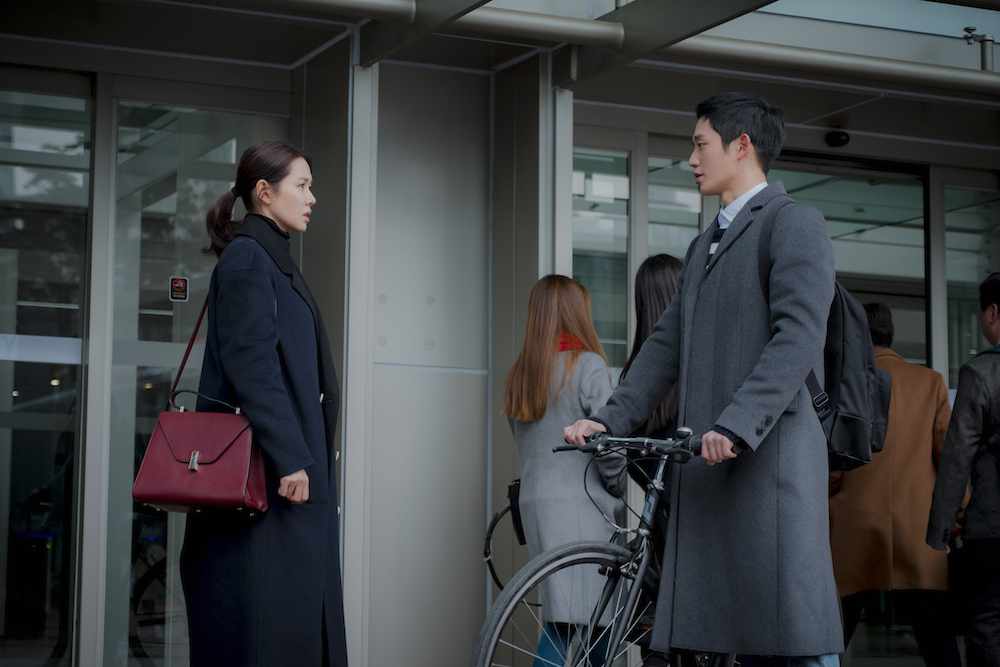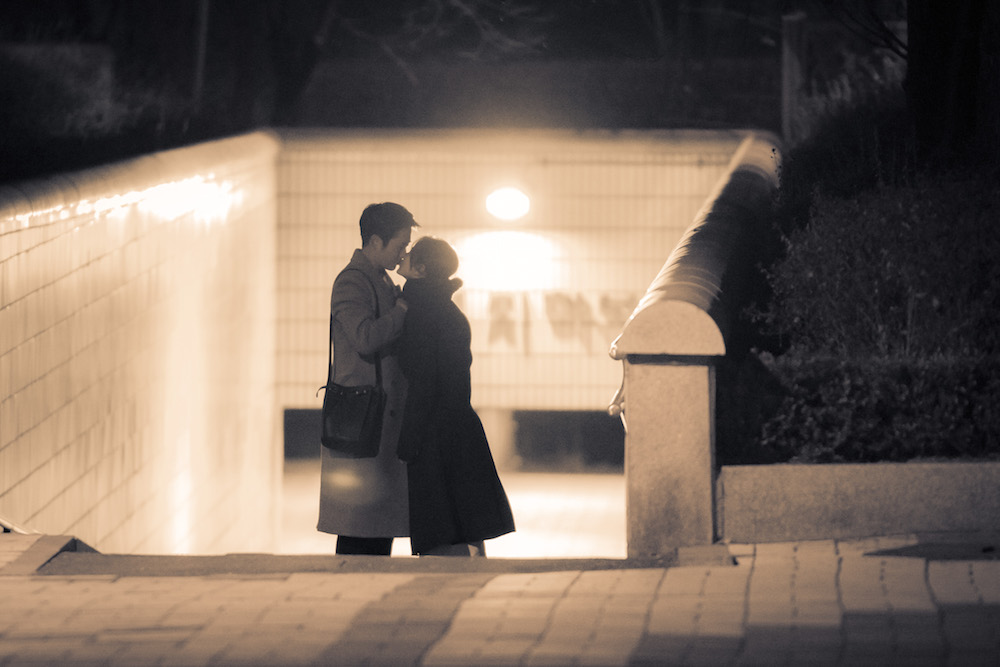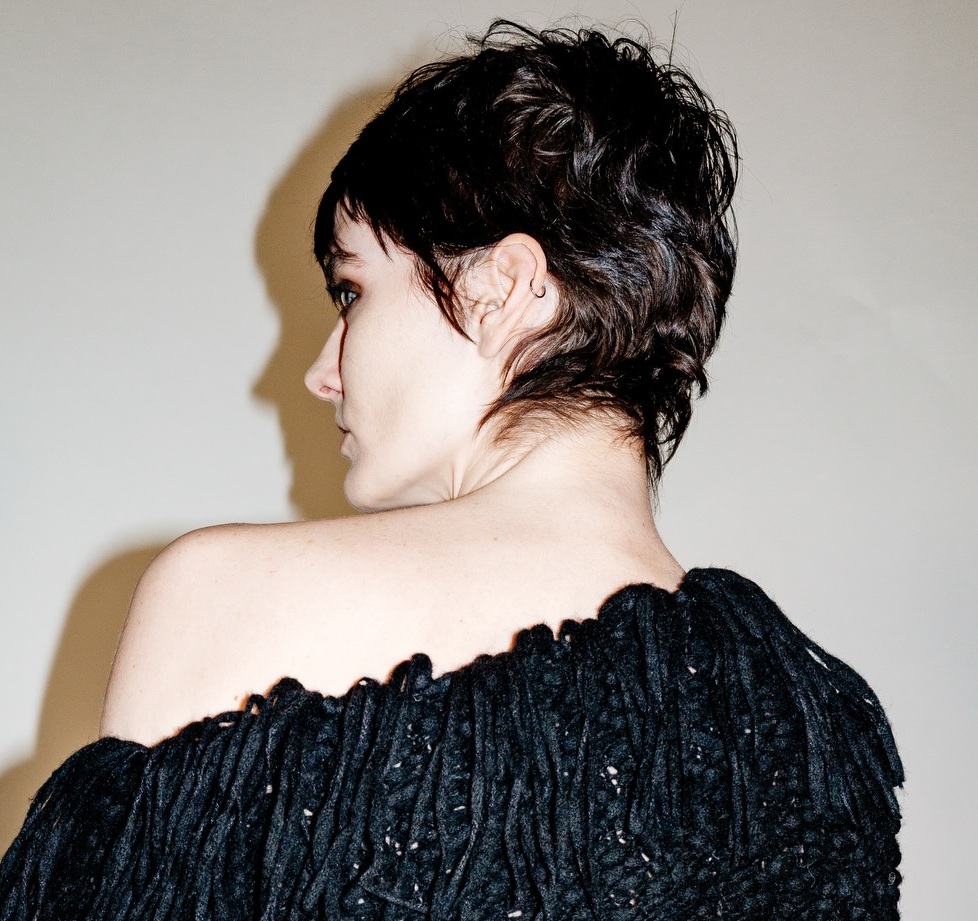
Korean TV shows – or as fans call them, K-dramas – have been taking the entertainment industry by storm for the past five years. Riding the tide of the unstoppable Hallyu phenomenon (read: an unconditional love for everything that comes out of South Korea, from TV and music, to fashion and beauty), they’ve evolved from local productions to having a cult following worldwide.
Weather it’s a period epic, a dramedy romance or a ghost-esque love story, K-dramas seem to appeal to an ever-growing audience. The latest production to trend internationally, is Netflix’s Something in the Rain, which I have been diligently following for the past three weeks. As a K-TV semi-newbie, I was instantly hooked by the show’s dynamics and the chemistry between the two main characters.
For those not familiar with the genre, let’s be clear: by entering the bizarre world of Korean TV, don’t expect to find masterful and sophisticated productions á la Sopranos or the cinematic excellence of many of the country’s horror movies; rather, be prepared for non-sense plot twists, recurrent deaths and resurrections and, of course, heart-wrenching love tragedies. Yet, most of the over-the-top dramas are full of thoughtful insights into Korean culture and the complicated relationship between traditional and urban social structures that make them interesting. Plus, from one TV lover’s point of view, it’s difficult to resist the addictive telenovela tropes and cliffhangers.

Back in 2016, millions across Asia and the world watched the finale of the hit K-drama Descendants of the Sun, an epic love story set during a fictional war. The show was so influential that it was credited with boosting the country’s economy through an increase of exports and tourism. Domestically, the industry has always been a big business with production houses constantly releasing new content and fans buying any sort of merchandise and memorabilia. But while large fandoms have existed for years in the Middle East, Latin America and across East and Southeast Asia, K-dramas went global when streaming services fully embraced Hallyu.
Netflix’s latest original production is a “soft” immersion into the K-dramas universe. Something in the Rain tells the love story of Yoon Jin-ah (played by Son Ye-jin) and Seo Joon-hee (played by Jung Hae-in). Their affection for each other slowly grows as they face obstacles and prejudices: Jin-ah is in her late 30s and Joon-hee, her best friend’s younger brother, is in his early 20s
They’re romantic interest unfolds both intentionally and unintentionally over meals – the literal translation from Korean is “Pretty Sister Who Buys Me Food” – and night walks around Seoul. All the rom-com clichés that you could think of are there, including a picturesque cottage stay outside the city, but the story is first and foremost driven by Joon-hee’s appreciation and openhearted feelings for Jin-ah, regardless of her age. While many around her constantly associate her value – and its “decline” – to her age, he doesn’t.

Jin-ah’s relationship with her parents, at times hilarious, is also a central theme of the show. Like many Korean women, she is pressured by her family – and many outspoken members of society around her – to find a husband. At the same time, she struggles to emerge professionally in a sexist work environment where her boss, the epitome of an old-school businessman, keeps crossing the boundaries of professionalism.
These dynamics and the storyline are obviously dominated by the classic features that define the K-drama board, like a cheesy soundtrack composed of two songs (OTS in their lingo) that plays in EVERY episode, an idealised male protagonist close to perfection that is looking for true love, and a female protagonist with a perceived “handicap” that needs to be saved. To be honest, these are the elements that make Something in the Rain an addictive mini-series but its social relevance is also a major reason to watch it.
After watching a few of the countless South Korean shows available on Netflix and on other platforms (there are more than any devoted TV lover can devour in a lifetime), this one deserves a second thought as it gives a renewed “dignity” to the genre touching upon topical issues that women from everywhere can relate to.
So yes, you should cancel your weekend plans and binge watch the first six episodes, after that – unfortunately – you’ll have to wait every week for a new one.






